格陵兰岛选举结束,反对党意外获胜,这释放什么信号?全岛并入美国有希望了吗?
没希望了,格陵兰最温和独立派民主党上台。
格陵兰是丹麦殖民地,土著因纽特人曾被丹麦以体检为借口对近一半妇女节育,有种族灭绝嫌疑,以及实验儿童丹化政策失败后,看他们没学会当丹麦人就把他们从丹麦本土寄养家庭扔回岛上只说丹麦语的孤儿院里隔离不准回老家让他们自生自灭不管他们人生结果药物滥用的药物滥用精神病的精神病自杀的自杀,格陵兰土著自杀率居高不下,丁真要是受到这些对待是什么结果想都不敢想……
因此对丹麦不领情是正常的,所有主要党派(民主党、因纽特人共同体、纳莱拉克党)都支持渐进或激进的独立,温和独立派上台实质意思就是反对激进独立——
毕竟丹麦现在悔改了,福利发了,议会席位给了,格陵兰语也保护了,格陵兰事务自决权也在自己手中了,还有欧盟公民籍,要是到美国这种流氓大国,很可能不能成为州,共和党不怕格陵兰这种原住民变成民主党DEI票仓?如果不怕的话那统战价值更低了,而且作为末流美国州的地位也远不如现在格陵兰在丹麦自由度、福利和投票权人口比重高于一般丹麦州的地位。
如果不能成为美国州只当个美国联邦领地/自由邦,不仅没有议会席位,自决权也大大降低,以后格陵兰后悔想要福利想要独立美国会像丹麦这样好说话?
——因此选民80%反对并入美国。这很明显是一个建立在智力水平基础上的问题:如果要独立的话,为什么要合并到别的国家,是丹麦的福利待遇不够好,还是美国的枪支药物太迷人?很遗憾格陵兰还有20%的选民在该水平上面临挑战。
PS:格陵兰 真跟谁合并,要么是老东家丹麦,要么还不如加中国呢,格陵兰因纽特自治区/特别行政区转移支付和人大代表都不会比丹麦少,肯定是各种内宣外宣惠格政策急先锋,还是北极开发和北极原住民权利保障议题急先锋,到时候中美俄欧在北极各种比好比烂,格陵兰人躺冰屋里都赢麻了。格陵兰进美国哪怕是成了个州也是统战价值最低的州,不如阿拉斯加1/10,阿拉斯加因纽特人的土地问题长期没解决干净呢。
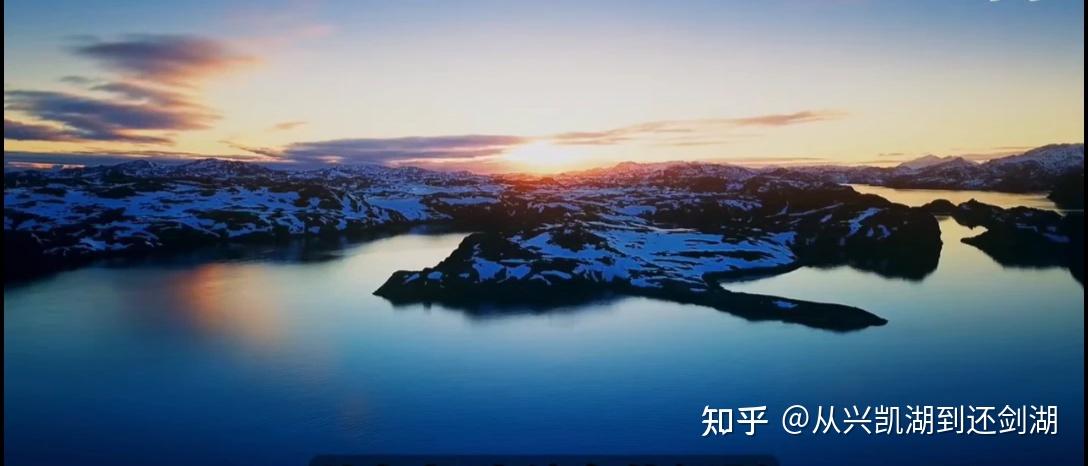
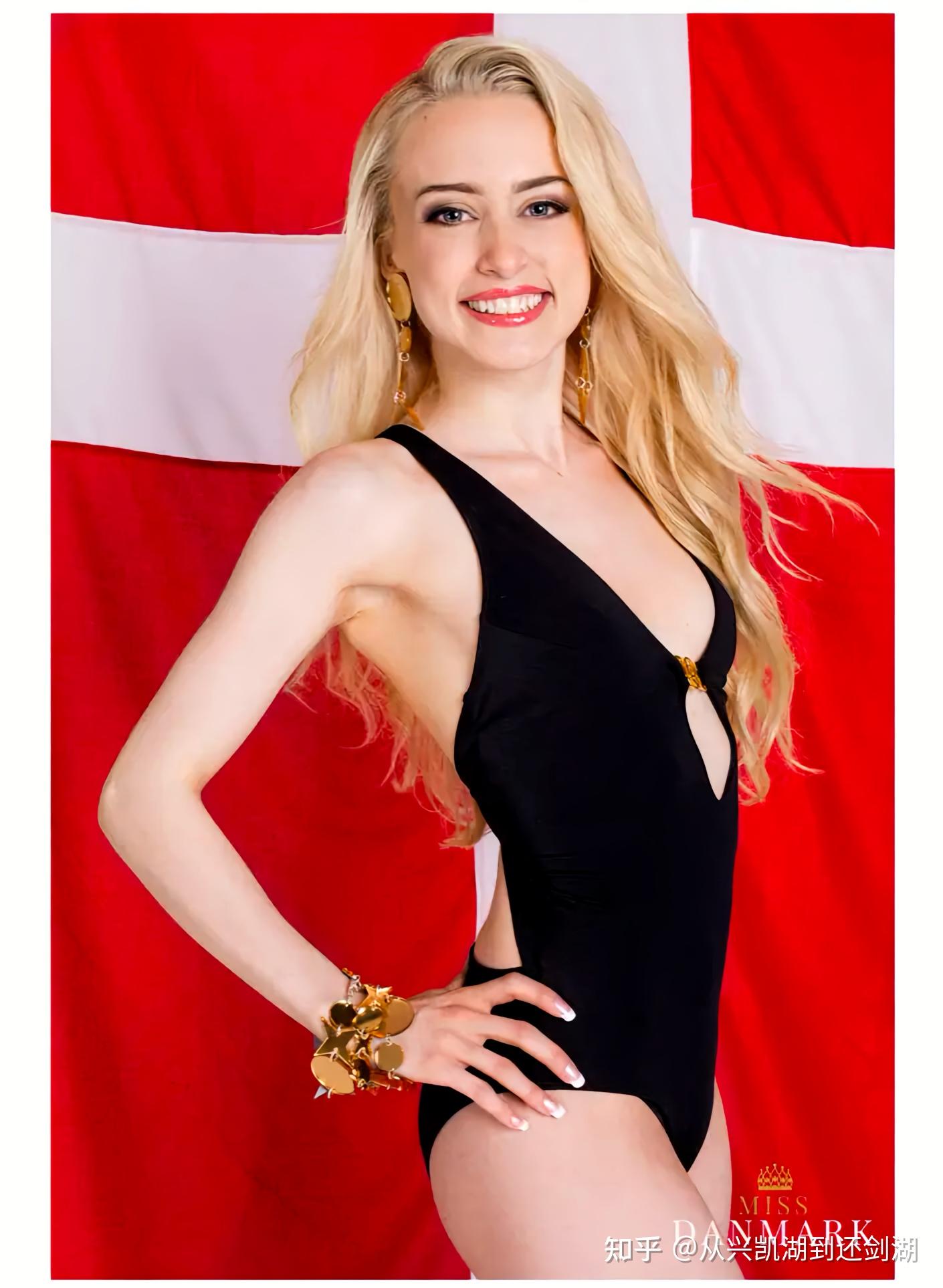

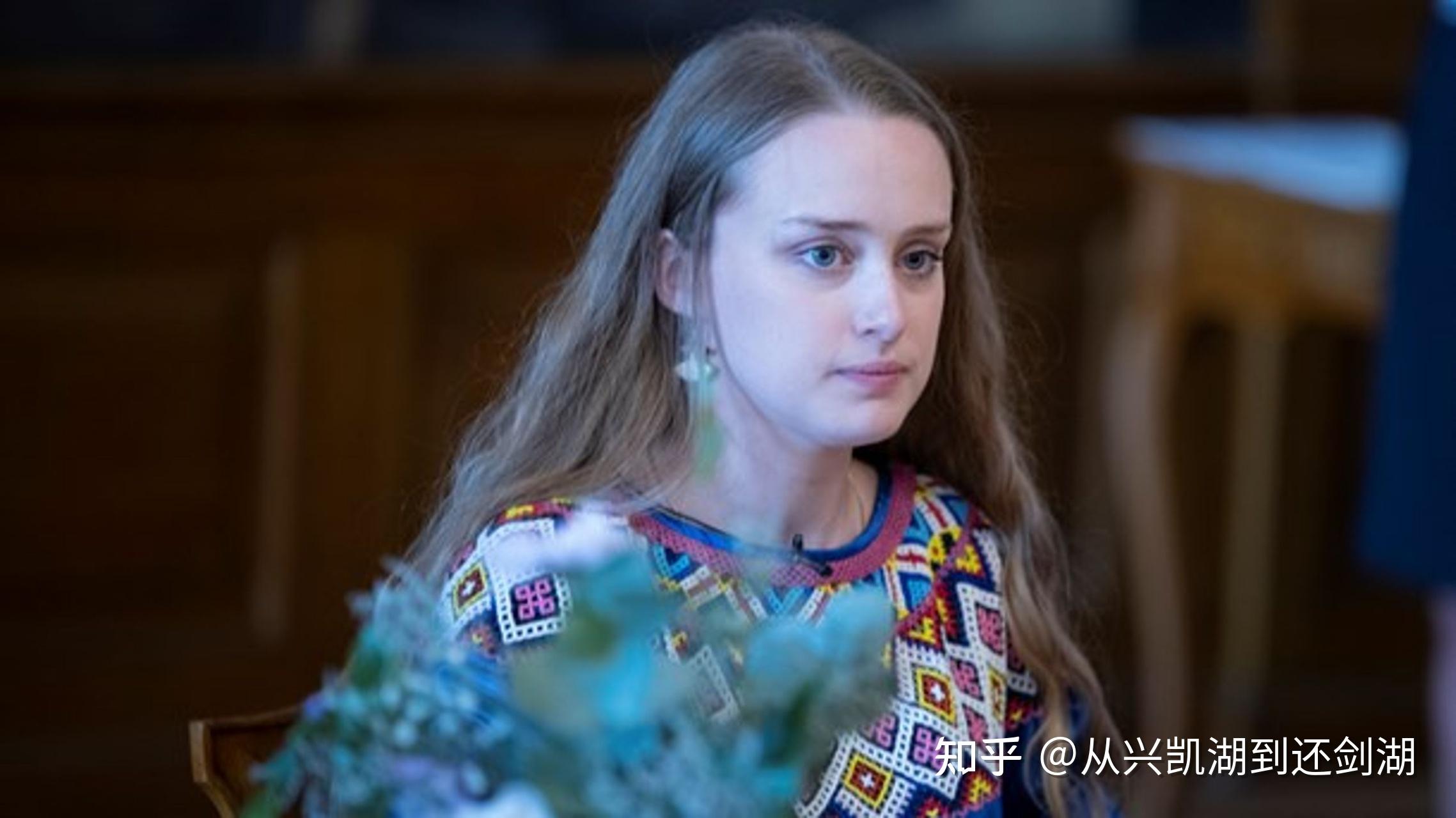
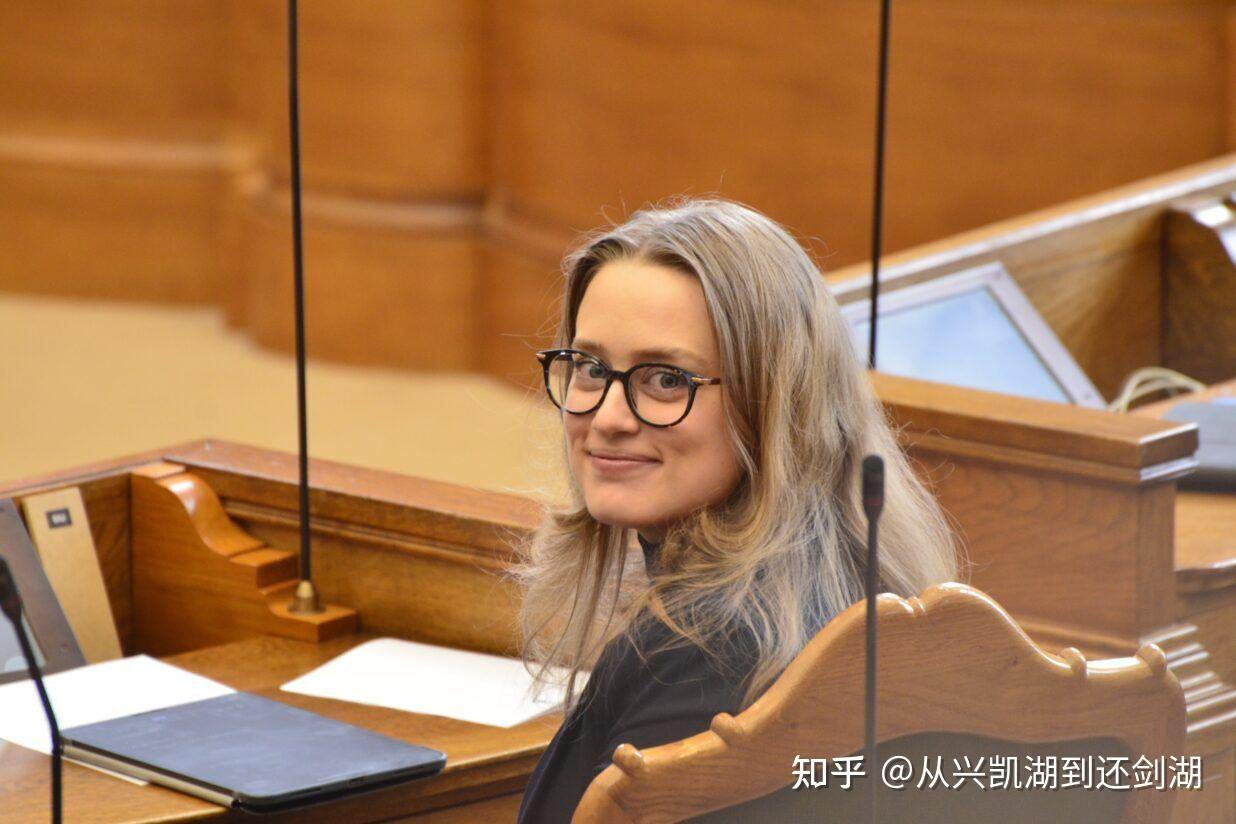
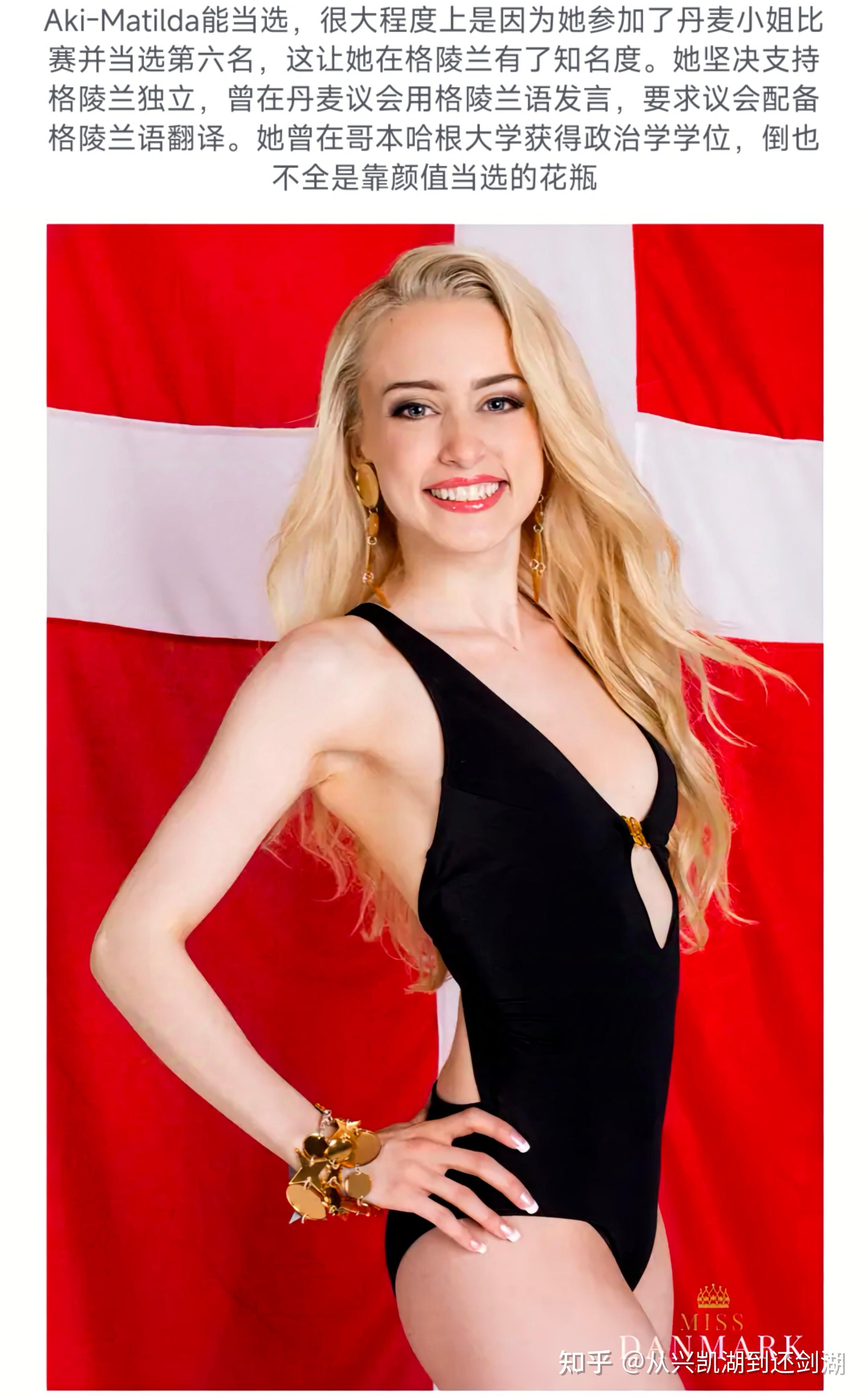
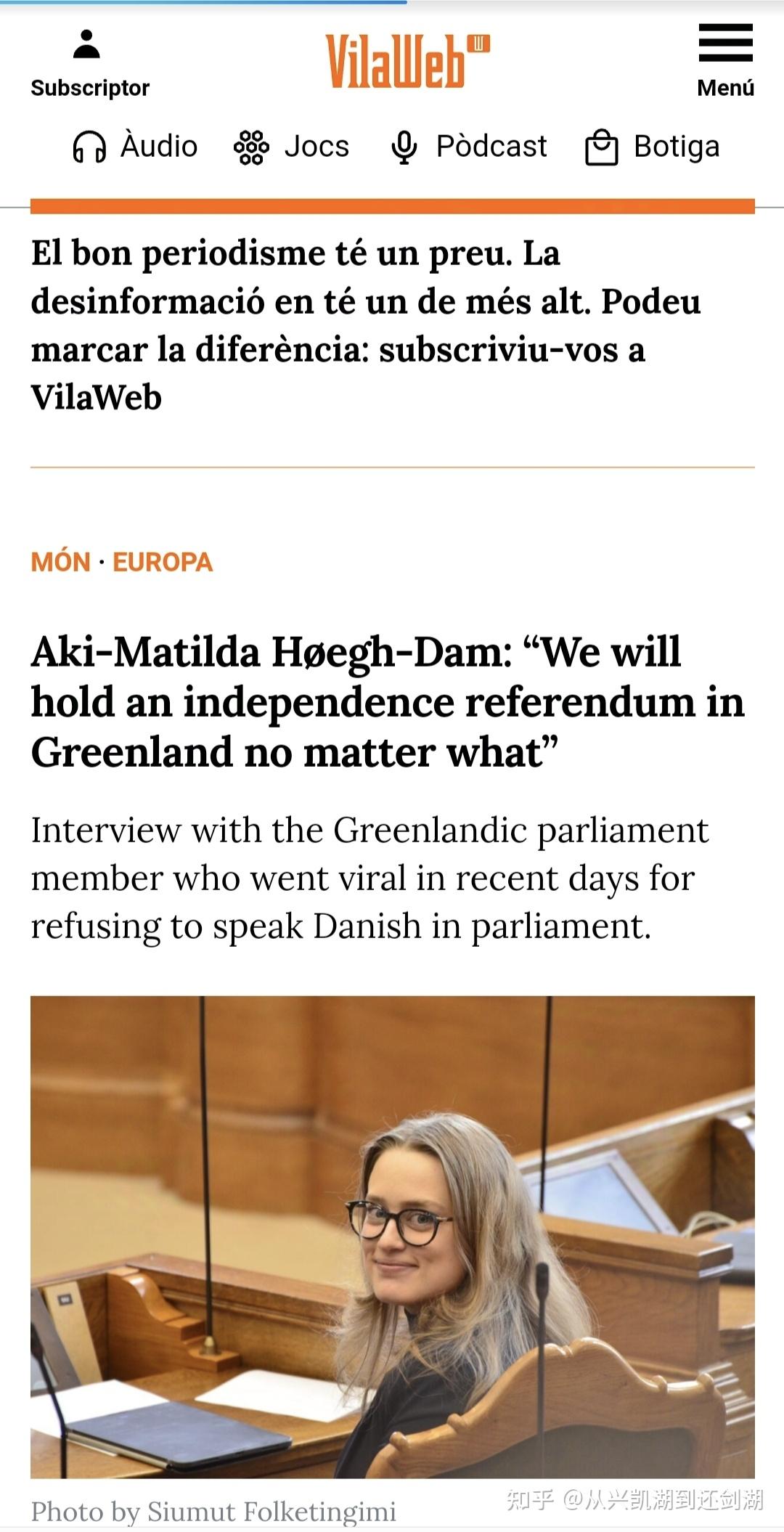
Aki-Matilda Høegh-Dam是一位丹麦议会中的格陵兰议员,出生于1996年10月17日,是丹麦议会中最年轻的议员之一,同时也是格陵兰岛在丹麦议会中最年轻的当选者。她是因纽特人后裔,拥有半丹麦和半格陵兰血统,这使她在格陵兰独立运动和原住民权利问题上具有独特的视角和影响力。Høegh-Dam拥有格陵兰和丹麦的混血背景,但自认为是格陵兰人。她在丹麦议会中的一段突破性言论让她走红:她拒绝使用丹麦语,而是用她的原住民语言——格陵兰语表达自己,挑战了议长的权威。Høegh-Dam表示,人们对她用格陵兰语演讲感到惊讶,甚至有人在听到她的演讲时流泪。
Aki-Matilda于2019年当选为丹麦议会代表,当时年仅22周岁。她来自左中派政党Siumut,并积极参与支持儿童权利和原住民权益的活动。她因其在议会中的大胆言论而受到关注,例如在一次辩论中拒绝使用丹麦语,而是用她的母语格陵兰语发言,挑战了议会议长的权威。
Aki-Matilda还关注语言保护和文化身份的重要性,她强调语言不仅是沟通工具,更是文化身份的核心。她对丹麦殖民历史中的种族灭绝行为(如1960年代和1970年代对格陵兰女性的强制绝育)持批评态度,并呼吁丹麦政府对此进行道歉和赔偿。
Aki-Matilda Høegh-Dam是一位年轻的格陵兰政治家,以其对独立运动、原住民权利和语言保护的热情而闻名。她的政治生涯反映了格陵兰社会对历史问题的关注以及对未来的希望。

VilaWeb
MÓN · EUROPA
Aki-Matilda Høegh-Dam: “We will hold an independence referendum in Greenland no matter what”
Interview with the Greenlandic parliament member who went viral in recent days for refusing to speak Danish in parliament.
Text Alaaddine Azzouzi
17.05.2023 - 11:50
Aki-Matilda Høegh-Dam (1996, Hillerød, Denmark) is the youngest member of the Danish parliament and also the youngest elected in Greenland. The parliamentarian from the left-center party Siumut is known for her activism in support of children’s rights and indigenous peoples. She has mixed heritage, Greenlandic and Danish, but identifies herself as Greenlandic. Høegh-Dam recently went viral for a groundbreaking scene in the Danish parliament. She refused to speak Danish and expressed herself in her native Inuit language, Greenlandic, defying the chamber’s president. “People were so surprised to see me speaking Greenlandic in front of the Danes that many told me they cried when they saw my speech,” she explains in this interview with VilaWeb.
-“We are no longer afraid to speak Greenlandic,” you recently said. Can you explain?
-The relationship between Greenland and Denmark has a historical significance that cannot be overlooked. Greenland was a Danish colony until 1953. Danish colonialism was so strong that many Greenlanders were not allowed to speak Greenlandic. They instilled fear in us about speaking our language for speeches, singing, and creating music. But now Greenlanders have lost that fear. It was essential to do so and acknowledge Greenland’s cultural identity to preserve the language and our heritage. People were so surprised to see me speaking Greenlandic in front of the Danes that many told me they cried when they saw my speech. They didn’t expect anyone to dare to do such a thing.
-Has anything changed now that you have overcome the fear?
-In the past four years, a large number of historical facts that Denmark had kept secret have come to light. They all demonstrate that the Danish government attempted to commit genocide against the Greenlandic people. The oppression of Greenlanders has become a political debate. This has encouraged many Greenlanders to speak Greenlandic even more. It is crucial for our sense of belonging. Languages are much more than a means of communication; they are the very essence of our cultural identity. They shape our worldview. There has also been a recovery of our cultural heritage, such as facial tattoos and hand tattoos, which have become increasingly common.
-In your speech, you mentioned one of the most notorious atrocities of Danish colonialism, the forced sterilization of Greenlandic women in the 1960s and 1970s.
-Yes. In fact, a former Danish minister declared in the exact same place where I made my parliamentary speech that he was glad to have succeeded in reducing the Greenlandic population to save a lot of money. He appeared very proud, and it broke my heart. Many were young girls, twelve years old, who are now in their sixties. They have not had children even though they wanted to. These contraceptives were illegal in Denmark but were used on Greenlandic women. I don’t think it’s a coincidence.
-Greenlandic is still considered “vulnerable” according to the UNESCO Red Book of Endangered Languages. What is the current situation of the language?
-In Greenland, there are around 55,000 Greenlanders, and it is said that approximately 90% of the population speaks Greenlandic. In Denmark, there are about 14,000 Greenlanders, but we don’t know how many speak Greenlandic. However, it is evident that Danish still has a strong presence in Greenland. I believe we need to make a great effort to protect our language, which is an essential part of preserving our cultural heritage. We need to promote the use of Greenlandic, starting with public spaces like the parliament. That is the only way forward if we don’t want to lose our language.
-How have you managed to preserve Greenlandic despite the diglossia with Danish?
-Schools play a crucial role. We have implemented many educational programs to promote Greenlandic. Respect for the language only became a reality when Greenlanders established our own parliament. This is the only way to ensure that future generations can also embrace their linguistic heritage. It is vital that we continue to develop our language policy in schools, workplaces, and the parliament. This should be a right for all citizens worldwide.
-Well, in the Spanish Congress, deputies cannot express themselves in Catalan, Basque, or Galician because Spanish is the official language. What do you think about that?
-That is terrible, absolutely terrible. The rights of all citizens must be respected. We will never have an inclusive society if one language is valued more than another. All languages should be equally valued and celebrated. Inclusive language policies are vital for creating a more open and diverse society. If countries like Spain want to provide equal access to public services, education, and employment, they must also ensure linguistic equality.
-Continuing with the parallel, there is also an independence movement in Greenland, of which you are a part.
-We are independentists because we believe that to have true egalitarian societies, we need to create equal frameworks of action. Throughout the world, this is achieved through the formation of states. Becoming a state means being respected by countries worldwide and collaborating on an equal footing while respecting linguistic differences. Denmark continues to consider us inferior. I demonstrated that with my speech the other day. With independence, we want to ensure that our relationship with the world is based on equality.
-Could we say that Denmark still has a colonial mentality towards Greenland?
-Absolutely. Much of the structure of Denmark today is not a confederation; it is still a colonial government.
-Here, in southern Europe, we sometimes idealize the Nordic countries too much.-
Denmark is excellent at pretending to be a democratic country. We have learned that the hard way.
-If the majority of the population and parties are in favor of independence, how do you plan to achieve it?
-We have just announced our new constitution, and I believe it won’t be long before there is a Greenlandic state. Our self-government law states that the creation of a new state must first be debated in the Greenlandic parliament. We also want to have discussions with Denmark, similar to the UK and Europe during Brexit. After negotiations, the Greenlandic people will have a referendum in Greenland where we will vote to form a new state.
-But what if Denmark refuses to grant you the referendum?
-We will hold the independence referendum no matter what. And if Denmark tries to stop us, the United Nations can intervene. The UN announced in 2009 that the Greenlandic population is a distinct people, and we are protected by international law to hold a referendum. We have the right to do it, and we will.